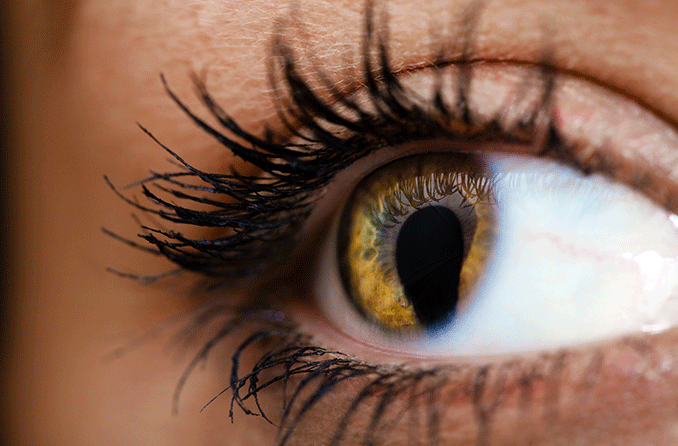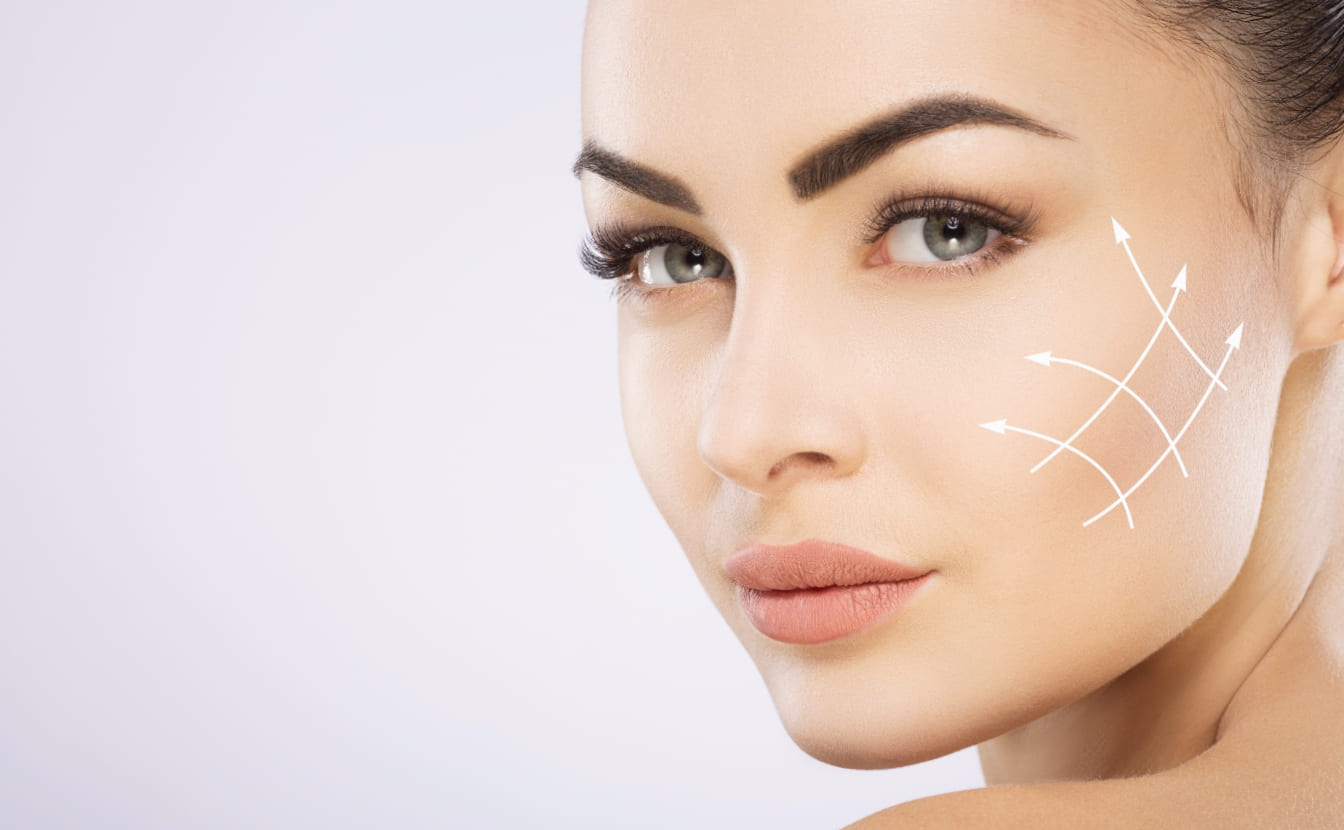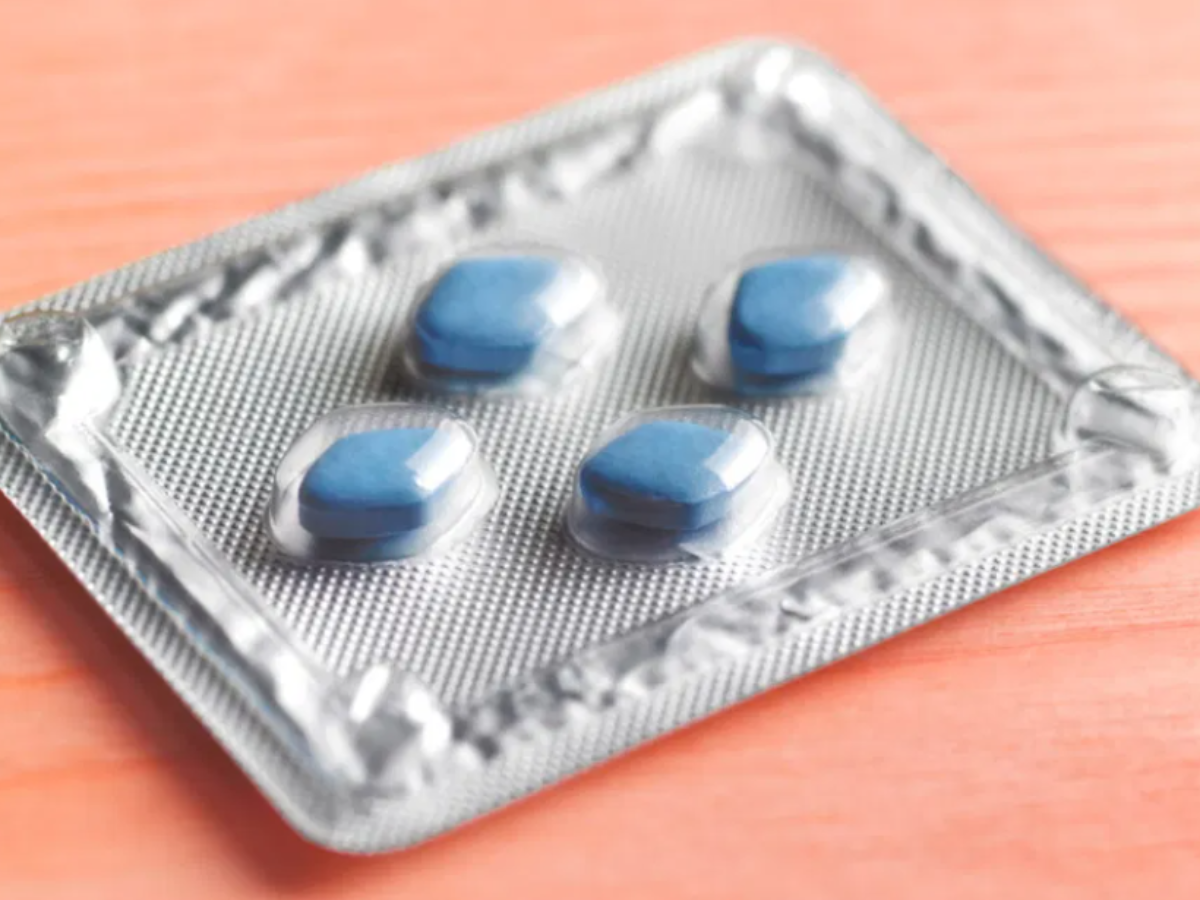If self-care measures do not provide sufficient relief, it is essential to consult an eye care professional. They can determine the underlying cause of your dry eyes and recommend appropriate treatments. Prescription eye drops, tear duct plugs, or other therapies may be necessary to alleviate symptoms and prevent further complications. In conclusion, managing dry eye syndrome is crucial for optimal eye health. By implementing lifestyle changes, such as reducing screen time, protecting your eyes from environmental factors, and adopting a nutritious diet, you can alleviate discomfort and promote healthy tear production. Remember to seek professional help if symptoms persist, as early intervention is key to preventing long-term complications. Prioritize your eye health and enjoy the relief of comfortable, well-nourished eyes.The Dry Eye Dilemma: Strategies for Prevention and Treatment Dry eye syndrome is a common condition that affects millions of people worldwide.
It occurs when the eyes do not produce enough tears or when the tears evaporate too quickly. This can lead to discomfort, irritation, and even vision problems. Fortunately, there are several strategies available for the prevention and treatment of dry eye syndrome. One of the most important preventive measures is to maintain good eye hygiene. This includes avoiding prolonged exposure to dry environments, such as air-conditioned rooms or windy outdoor areas. It is also important to take regular breaks when using digital devices to reduce eye strain. Blinking frequently while working or reading can help spread tears evenly across the eyes and prevent dryness. Another effective strategy is to ensure proper nutrition. A diet rich in omega-3 fatty acids, found in fish, flaxseeds, and walnuts, can help reduce inflammation and promote healthy tear production.
Staying hydrated by drinking an adequate amount of water each day is also crucial for maintaining tear film stability. Artificial tears are commonly used for the treatment of dry eye syndrome. These over-the-counter eye drops provide temporary relief by lubricating the eyes and reducing dryness. They can be used as needed throughout the day or as recommended by an eye care professional. In more severe cases, prescription medications may be necessary. These may include anti-inflammatory eye drops or medications that stimulate tear production. It is important to consult with an eye care professional to determine the most appropriate treatment option based on individual in this article needs. Lifestyle changes can also make a significant difference in managing dry eye syndrome. Avoiding smoking and limiting exposure to smoke and other environmental irritants can help alleviate symptoms.





